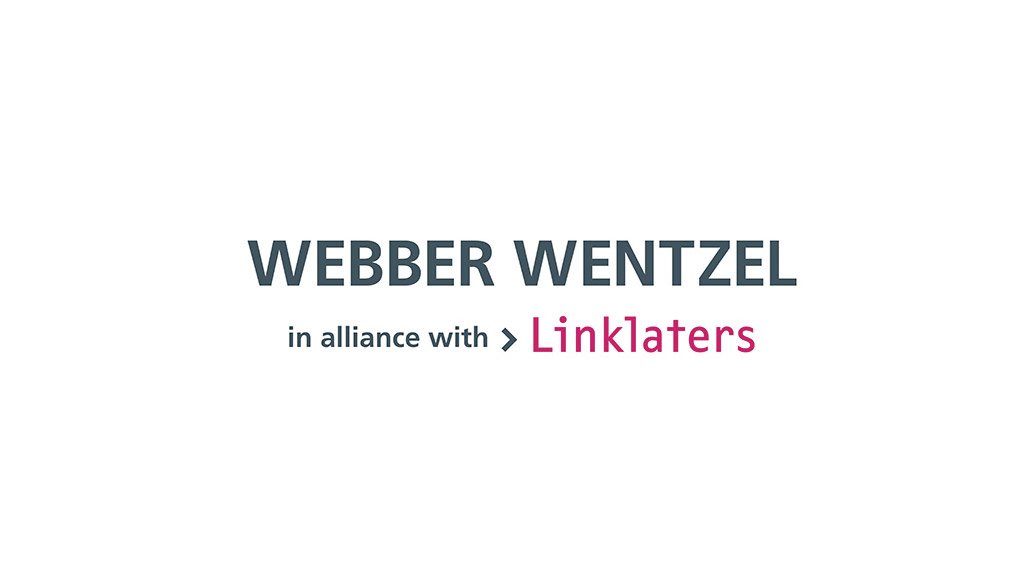The South African Reserve Bank will shortly issue a draft sketching an ESG disclosure framework for the financial services organisations that it supervises
Recent floods in South Africa and droughts, heatwaves and wildfires in the northern hemisphere have highlighted the impact of climate change and the need for governments and corporates to pay closer attention to environmental considerations in their decision-making.
This shift in approach is occurring as ESG (Environmental, Social and Governance) has become more mainstream globally and there is significant pressure on businesses by their shareholders and other stakeholders to align practices with ESG ideals.
The influence of ESG considerations on financial services sector regulation is, however, sometimes less easy to discern.
During a recent event hosted by the South African Sustainable Finance Intensive (SASFI), Kuben Naidoo, the Deputy Governor of the South African Reserve Bank (SARB), discussed the SARB's approach towards ESG in financial services sector regulation.
In his presentation, Mr Naidoo emphasised that the role of the SARB (acting as the Prudential Authority) as a regulator is to support a resilient financial services sector. The SARB needs to address the challenges and opportunities posed by ESG by creating an appropriate regulatory framework so that financial and other resources can be channelled in the right direction. In doing this, the SARB must ensure that there is a level playing field.
It has been engaging with banks for some time on their risk models, to develop a better understanding of banks' approach to ESG risks. At this stage, the data is mostly qualitative.
Mr Naidoo said a key focus for the SARB is to develop a common ESG taxonomy to ensure consistency. The SARB was actively involved in National Treasury’s launch of the South African Green Finance Taxonomy.
In future, the SARB will focus on ESG disclosures that are based on trust and simplicity through the, soon to be released, draft consultation document on a ESG disclosure framework for financial services institutions that are subject to its regulatory jurisdiction. This, the SARB hopes, will allow it to collect comparable data that will enable better quantification and enable it to begin building ESG stress-testing models at a macro level.
In acknowledging ESG influences on financial services sector regulation, the SARB will not (at this stage at least) rely on the credit risk rating (Pillar II) tools available under the current prudential regulatory framework to incentivize banks to fund projects that are aligned with ESG objectives or disincentivise banks from being involved in projects that do not support ESG ideals.
Mr Naidoo stressed that the role of the SARB is not to force financial institutions to make (or not make) certain decisions. Instead, its role is to create a transparent regulatory framework that supports ESG initiatives.
Ultimately, while acknowledging that there are clear risks, Mr Naidoo said he was optimistic that ESG investments would create significant opportunities that could allow South Africa to take full advantage of its core strengths to serve as a conduit for ESG investments throughout the African continent.
Written By Dawid de Villiers, Partner at Webber Wentzel
EMAIL THIS ARTICLE SAVE THIS ARTICLE ARTICLE ENQUIRY
To subscribe email subscriptions@creamermedia.co.za or click here
To advertise email advertising@creamermedia.co.za or click here











